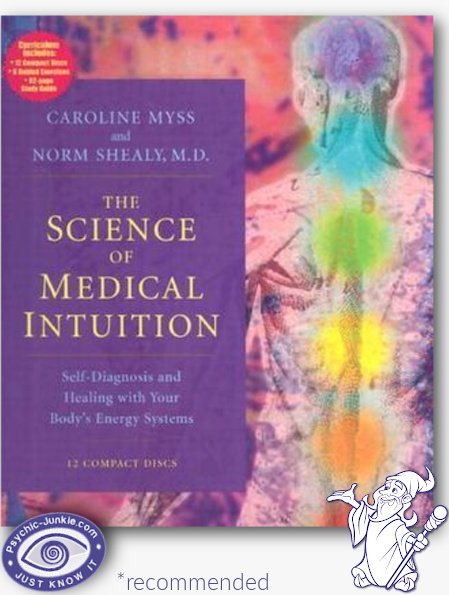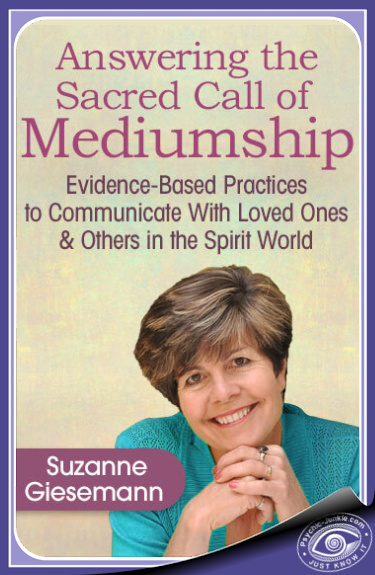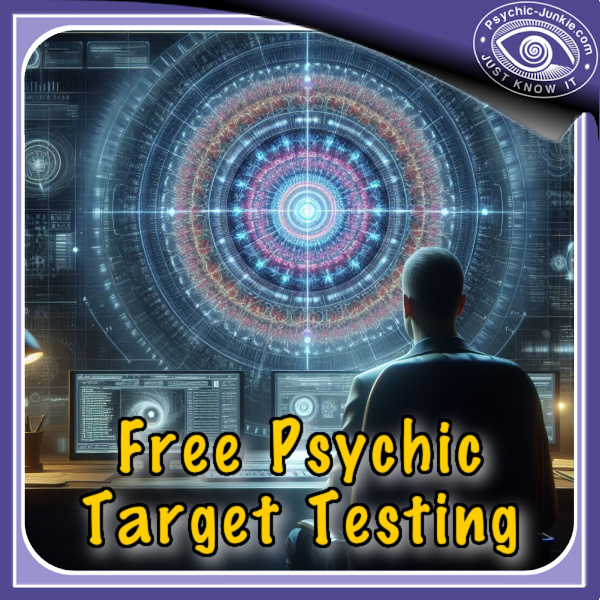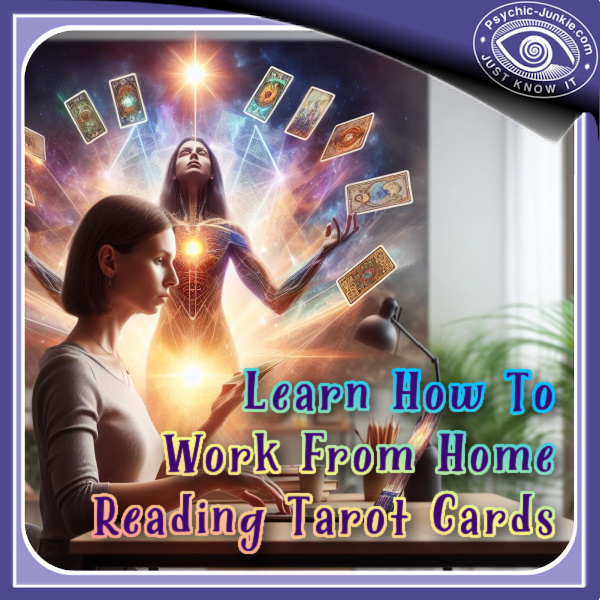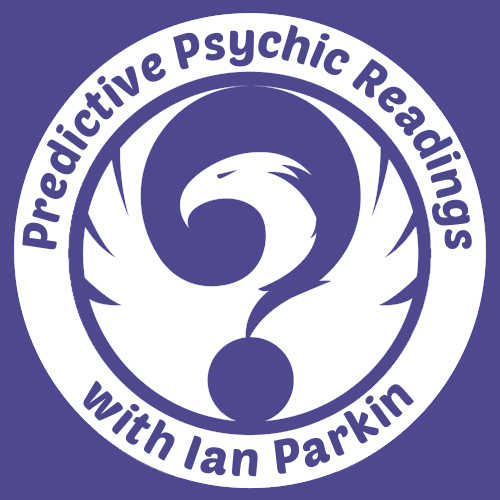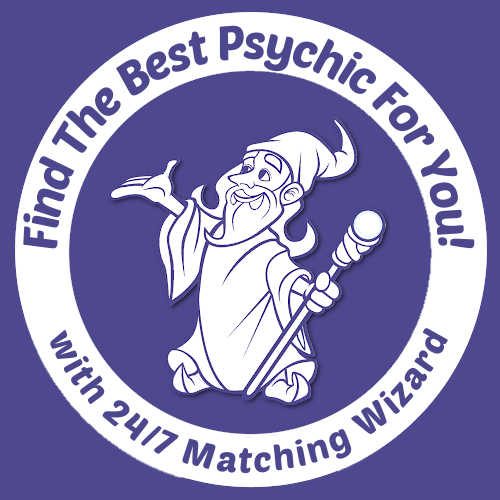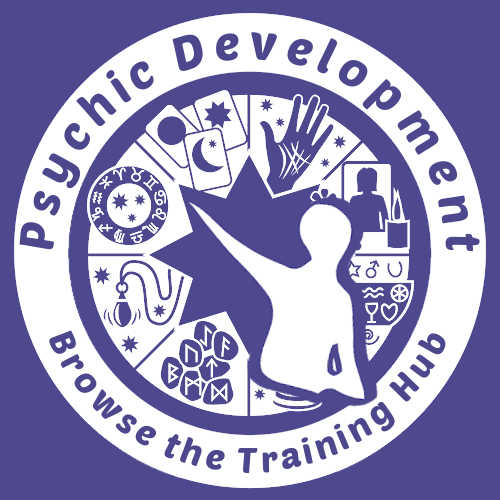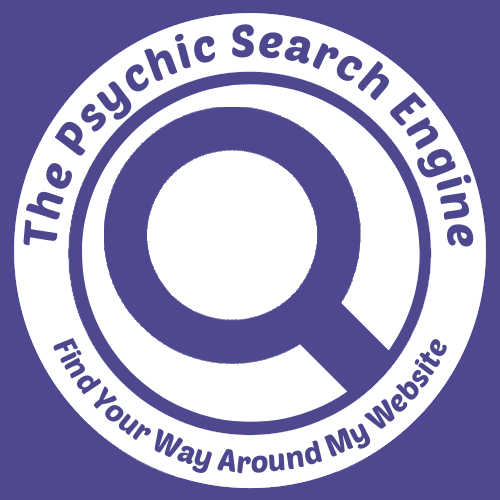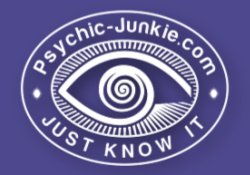What Is A Medical Intuitive And What Makes This Worth Exploring?
What is a medical intuitive? To cut a long story short, a medical intuitive is a person endowed with the psychic ability to sense health issues beyond what meets the eye, often pinpointing concerns that even the most sophisticated medical technology struggles to identify. Sounds mind-blowing, doesn't it?
Medical intuition isn't simply plucked out of thin air. In fact, it’s a cocktail of observational skills, empathy, and a dollop of extrasensory perception. While the exact scientific foundations may be a bit foggy, recent discoveries in quantum physics and neuroscience suggest that our brains may be more connected to the universe than we previously thought.
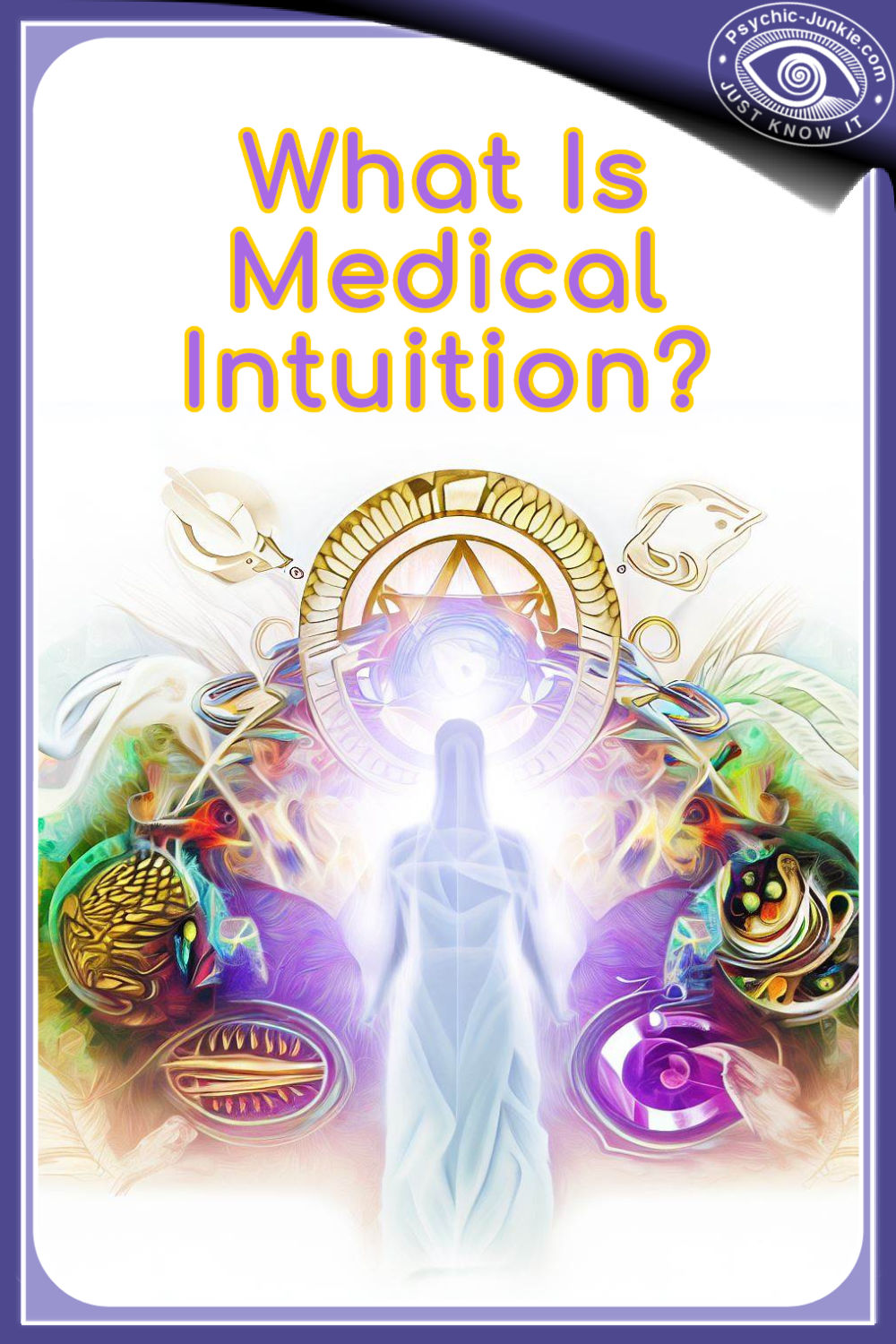 What Is A Medical Intuitive?
What Is A Medical Intuitive?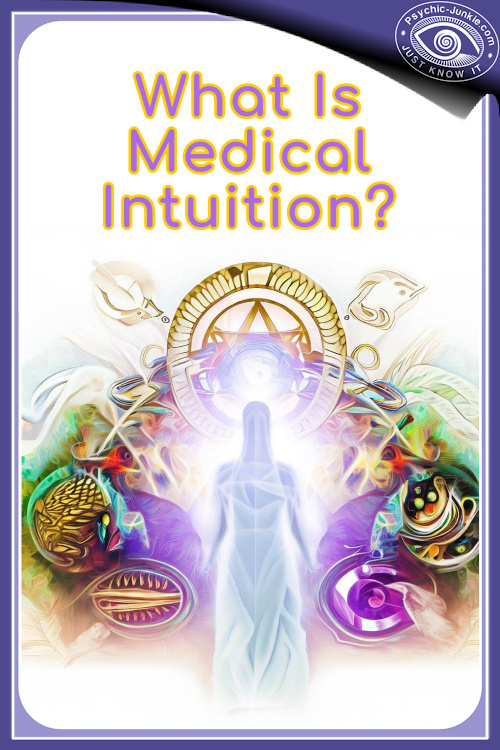
While the science of medical intuition has provided limited empirical evidence so far, some individual case studies do suggest potential benefits. In one example, a medical intuitive correctly identified a patient's heart condition, which had previously gone undetected in routine examinations. In another, a medical intuitive accurately pinpointed the source of chronic pain that had eluded conventional diagnostics for years. Though these accounts are anecdotal, they suggest the potential benefits of integrating medical intuition into broader healthcare strategies.
The Healing Touch: Medical Intuition in Practice
Not to beat around the bush, but medical intuition has the potential to shake up traditional healthcare practices. In many cases, it's proven to be the missing piece of the puzzle, completing a picture that seemed inexplicable.
Take Sally, for instance. For years, she'd been grappling with debilitating fatigue, an issue that puzzled her doctors. Enter a medical intuitive who, with a gentle touch and a deep sense of connection, identified an unresolved emotional trauma as the root cause. After addressing this, Sally reported a dramatic improvement in her energy levels.
Of course, employing medical intuition in healthcare isn't without its challenges. After all, with great power comes great responsibility. Medical intuitives must adhere to stringent ethical guidelines, ensuring that their abilities are used solely for the benefit of the patient and not exploited in any way.
Medical Intuition Training
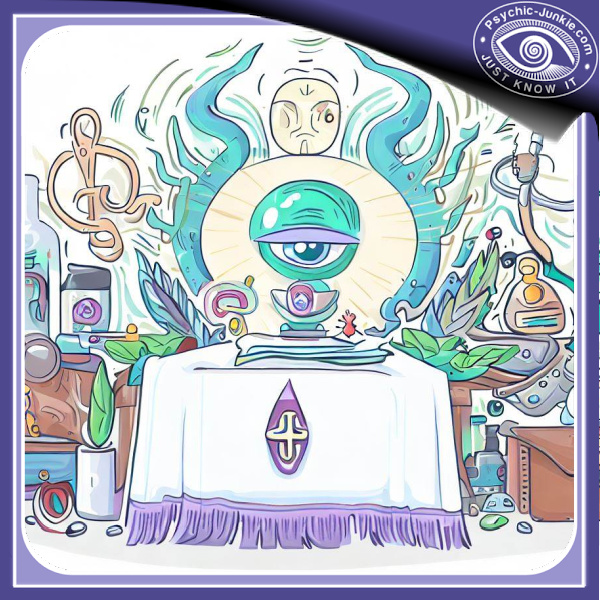 What Is A Medical Intuitive Training Program?
What Is A Medical Intuitive Training Program?Several techniques and exercises are promoted to help individuals become a medical intuitive. These often involve honing one's sensitivity to subtle energies, practicing meditation and mindfulness, and improving visualization skills. Individuals are also encouraged to trust their hunches, particularly those regarding their own or others' health, and gradually refine this sense through practice and feedback.
Caroline Myss Medical Intuitive Training: In 1996, Caroline compiled her years of research in medical intuition with her work in the field of human consciousness, releasing the book, ANATOMY OF THE SPIRIT. This book became a New York Times bestseller and has been published in 18 languages.
Tina Zion Medical Intuitive Training: Become a Medical Intuitive: The Complete Developmental Course won First Place Gold in the Body Mind Spirit Book Awards for 2019!!!! AND Advanced Medical Intuition, won First Place Gold from the COVR Book Awards Organization!
Tamra Oviatt Medical Intuitive Training: As the founder of Sacred Activations, Tamra Oviatt is a keynote speaker, visionary leader, best selling author of eight books, winner of the International Bestseller Publishing Award, and sought-after teacher. A Practitioner’s Guide to Medical Intuitive is a transcription of her five day Medical Intuition course.
The Science of Medical Intuition Audio CD Set by Caroline Myss and Norman Shealy
Some 20 years ago, Harvard-trained neurosurgeon Norman Shealy encountered Caroline Myss, a young woman with a remarkable ability to intuitively diagnose illness. After rigorous testing, Dr. Shealy confirmed her diagnoses were 93% accurate, even from a distance.
Today, Caroline Myss, a pioneer in intuition and energy healing with bestselling books like Sacred Contracts, teams up again with Dr. Shealy in their groundbreaking audio course, The Science of Medical Intuition. This comprehensive 12-session program, enriched with over 18 hours of content and a detailed workbook, merges their expertise to offer a transformative approach to self-care through intuitive self-diagnosis and healing.
Originally presented in a series of influential workshops, The Science of Medical Intuition covers the full spectrum of Myss and Shealy's innovative self-care methods. Topics include the history of medical intuition, intuitive self-training, chakra self-diagnosis, imagery-based healing, and the intersection of intuition with scientific research. This course provides a practical toolkit for self-diagnosis, visualization, and healing, presented in the experts’ own words.
Audio CD Course - Session Highlights:
- Exploring the art and science of medical intuition, energy management, and the evolution of consciousness.
- Intuition through history, ethical considerations, and the nature of self-healing.
- Awareness, illness as divine design, and the levels of intuition.
- DNA, nervous system development, and the power of thought and imagery.
- Guided imagery for bodily awareness and emotional balance.
- Cellular responsibility, chakra readings, and creativity.
- Understanding the inner laboratory, emotional magnetism, and energy drains.
- The eighth chakra's perception zone, archetypes, and spiritual control.
- Guided imagery for elemental energies: Earth and Fire.
- Guided imagery for Water and Air elements.
- Guided imagery for Crystal and past-life exploration.
- Energetic responsibility, self-esteem, and aligning with personal ideals.
This course offers a thorough exploration of self-diagnostic practices and healing techniques, guided by Myss and Shealy’s insights and expertise.
FAQs That Answer "What Is A Medical Intuitive?"
What is a medical intuitive?
What is a medical intuitive?
- A medical intuitive is a practitioner who uses their intuitive abilities to identify and understand health issues. They don't rely solely on the traditional symptoms or diagnostic tools. Instead, they tap into a more intuitive, holistic understanding of the body and mind, often discerning the root causes of health issues that may go unnoticed in conventional medical examinations.
How can medical intuitives work alongside traditional healthcare professionals?
How can medical intuitives work alongside traditional healthcare professionals?
- Medical intuitives can provide a complementary perspective to traditional healthcare practices. They might be consulted when conventional methods fail to identify the cause of a patient's symptoms, or they could be part of a holistic healthcare team from the get-go, offering insights into the emotional and spiritual aspects of health that could influence a patient's wellbeing.
What are the ethical considerations when using medical intuition in healthcare settings?
What are the ethical considerations when using medical intuition in healthcare settings?
- Medical intuitives, like all healthcare practitioners, must uphold the highest ethical standards. This includes respecting patient confidentiality, always acting in the best interests of the patient, and not making unfounded health claims. It's also important that medical intuitives clearly communicate the nature of their practice to patients and never discourage them from seeking traditional medical care.
Why is an open mind crucial in accepting medical intuition?
Why is an open mind crucial in accepting medical intuition?
- An open mind is key because medical intuition challenges traditional views of healthcare, suggesting that there's more to understanding our health than just physical symptoms and medical tests. It encourages us to consider emotional, spiritual, and energetic aspects of our wellbeing. Accepting medical intuition doesn't mean disregarding conventional medicine, but rather viewing it as another piece of the healthcare puzzle that can potentially enhance overall patient care.
Can anyone develop their own medical intuition?
Can anyone develop their own medical intuition?
- While some people may naturally have a stronger intuitive sense, it's now know that with practice and dedication, anyone can enhance their intuitive abilities. Techniques such as meditation, body scanning, and mindful observation can help nurture this skill. However, to more effectively be your own medical intuitive requires additional understanding of the human body and healthcare practices.
What are the medical intuitive readings that psychics provide?
What are the medical intuitive readings that psychics provide?
- Medical intuitive readings offered by psychics are sessions where they utilize their intuitive or psychic abilities to identify health issues or imbalances within a person's body. This could be physical, emotional, or energetic in nature. The psychic might tune into the person's energy field or aura, use their senses such as clairvoyance (clear seeing) or clairsentience (clear feeling), or even receive information from spiritual guides. These readings provide a holistic view of a person's wellbeing with insights into the root causes of health issues, including past traumas, emotional blockages, or lifestyle factors that might be affecting the person's health.
Learn To Be A Psychic Medium
An Evidence-Based Path to Communicate With Loved Ones & Others in the Spirit World.
In this FREE hour with Suzanne Giesemann, you will: Gain an understanding of “evidential” mediumship and why it’s so sacred. Discover the 3 keys to mediumship: Belief in the Spirit World, alignment, and a shift in focus from the physical to the Spirit World. Learn how you can begin communicating with your loved ones who have passed. Find mediumship can be a path for your soul’s evolution. Hear about what makes a reading “evidence-based” - and how this form of mediumship raises the bar and meets the true goal of being an authentic and indisputable voice for Spirit. Experience a practice to connect with your guides and ask them for signs. Click here to learn more about this free event > >
Test Your Psychic Ability
The Lifeleap Institute’s Psychic Project is a unique online psychic development tool using real people and events as "psychic targets."
They start by asking you to focus on the "psychic targets" and answer a series of special questions about these targets.
They then reveal to you the actual psychic targets. You get to compare your results with the actual psychic targets. You also get to see the results of other participants.
Even if you think you have no psychic ability, this tool will offer proof that you do.
It's easy to participate and the Psychic Project is free!
Click Here To Test Your Psychic Ability
Develop Your Intuition And Become An Online Tarot Card Reader
You can learn how to become a professional online tarot card reader in 90 days or less with Tatiana Jones' bestselling course.
In this short course, Titania teaches everything you need to know to start an online tarot reading business - with zero experience required!
You do not need to be psychic to read tarot cards online! It is all about being intuitive and “connecting the dots”.
Tarot Reading Entrepreneurship
- Help People Find Meaning
- Work Remotely
- Set Your Own Hours
- Replace Your Full Time Income
- Work Just A Few Hours Per Day
Ian Parkin is the author of this post.
